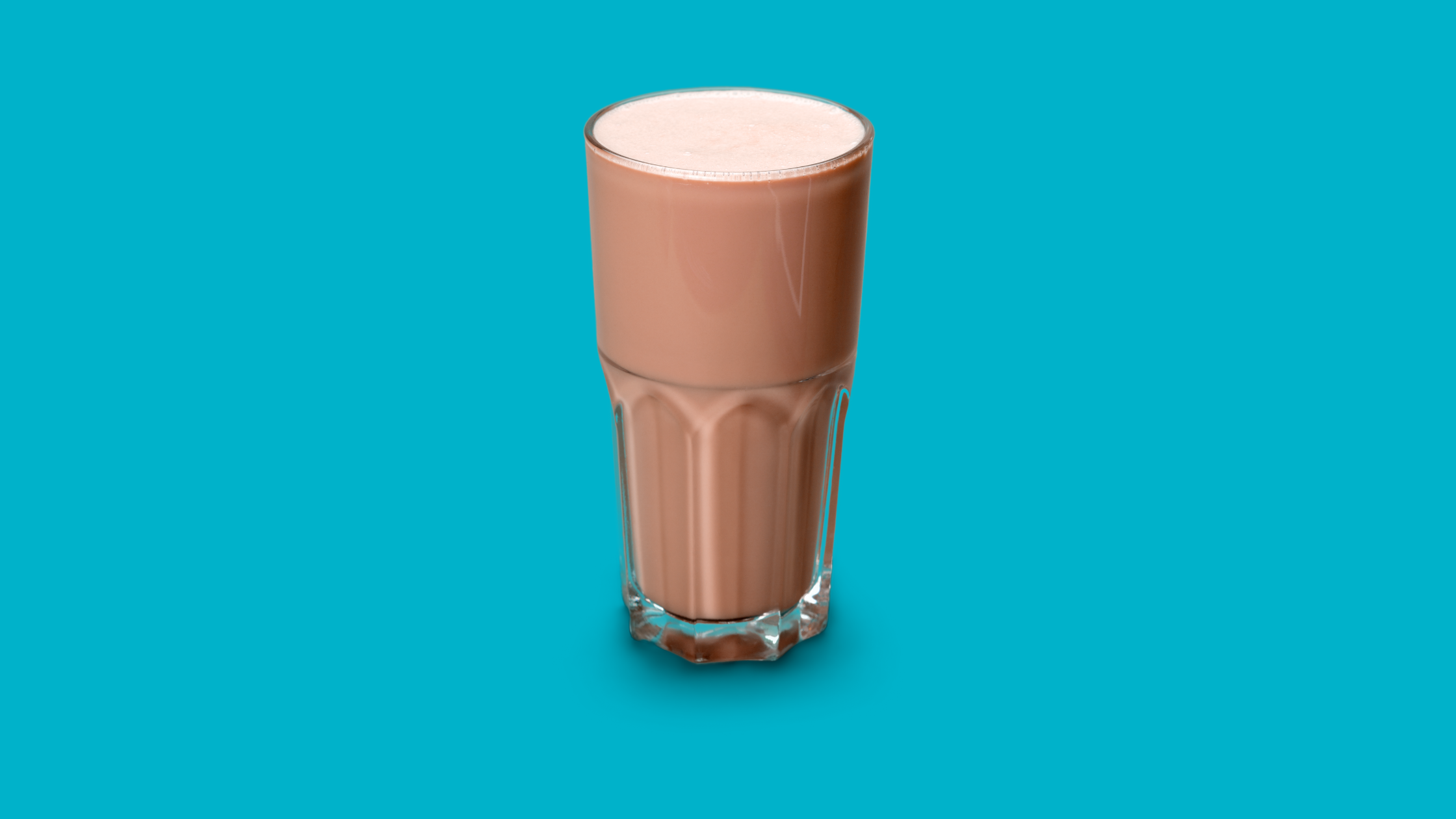How To Remove Chocolate Milk Stain From Washable Fabrics
February 14, 2023
Chocolate milk is a delicious treat enjoyed by people of all ages, but when it spills on your clothing, it can leave behind an unsightly stain. Chocolate milk stains can be particularly challenging to remove, as the combination of milk and chocolate can create a sticky and stubborn mess. Whether you're enjoying a glass with breakfast or giving it to your kids as an after-school snack, it's all too easy to accidentally spill chocolate milk on your favorite clothes. Fortunately, there are several methods you can use to successfully remove chocolate milk stains from washable fabrics. In this article, we'll explore some of the most effective techniques and provide step-by-step instructions to help you get your clothes looking like new again.
COLOR
Brown
APPEARANCE
These stains may appear as a brownish mark on the fabric and could be slightly sticky or dry. They may also have a sweet or chocolate-like smell.
WATER TEMP
Warm (85° to 105°F)
RATIONALE FOR WATER TEMP
Warm water helps to dissolve the sugar and make it easier to remove.
The Science Behind Chocolate Milk Stains
Chocolate milk can stain clothes because it contains ingredients that can adhere to fibers and leave visible marks. The brown color of chocolate milk comes from cocoa particles, which can leave a residue on clothes. Additionally, the sugars and fats in chocolate milk can contribute to the staining effect. When spilled on clothes, the liquid can soak into the fibers and bind with the material, making it difficult to remove the stain. The longer the stain is left untreated, the more difficult it can be to remove. Therefore, it is best to act quickly to remove chocolate milk stains by blotting the area with a clean cloth or paper towel and washing the garment as soon as possible.

What You'll Need To Get Rid Of Chocolate Milk Stains
- Cold water
- Paper towels or clean white cloth
- Dishwashing liquid
- White vinegar
- Baking soda
- Enzyme-based stain remover
- Washing machine and laundry detergent
Step By Step Process To Remove Chocolate Milk Stains
- Blot the excess chocolate milk using a paper towel or clean white cloth.
- Rinse the stained area under cold running water from the back of the fabric.
- Apply a small amount of dishwashing liquid to the stain and gently rub it in with your fingers.
- Rinse the stained area under cold running water again.
- If the stain is still visible, mix equal parts of white vinegar and cold water and apply it to the stain. Let it sit for 5-10 minutes.
- Rinse the stained area under cold running water again.
- If the stain is still visible, mix baking soda and water to create a paste, apply the paste to the stain and let it sit for 30 minutes before rinsing under cold running water.
- If the stain persists, apply an enzyme-based stain remover to the stain and let it sit for the recommended amount of time.
- Wash the garment in the washing machine with laundry detergent and the recommended water temperature for the fabric, according to the care label.
- Check the stain before drying. If it's still visible, repeat the previous steps until the stain is completely removed.
In Brief
Chocolate milk stains clothes due to some of its fatty components that binds to fabric fibers. To remove the stain, blot the excess milk, rinse with cold water, apply dishwashing liquid, vinegar, baking soda, or enzyme-based stain remover, and wash the garment in the washing machine with laundry detergent using the recommended water temperature for the fabric. Avoid hot water and the dryer. Always check the care label and follow specific instructions or warnings.
Want to share this?
